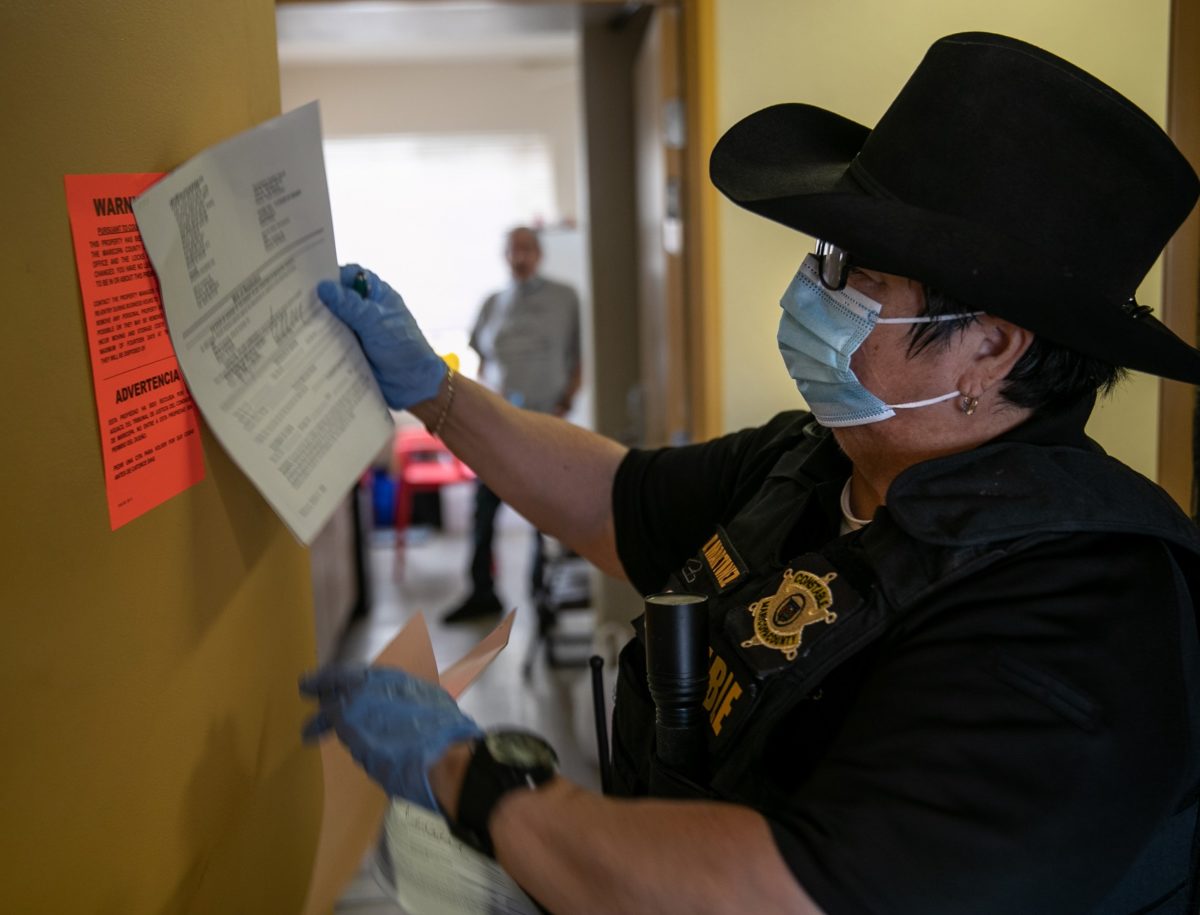
The Movement That Is Upending Landlords’ Power Over Tenants
There has been a ‘parabolic increase’ in cities and states giving tenants a right to counsel to help fight evictions.

There has been a ‘parabolic increase’ in cities and states giving tenants a right to counsel to help fight evictions.
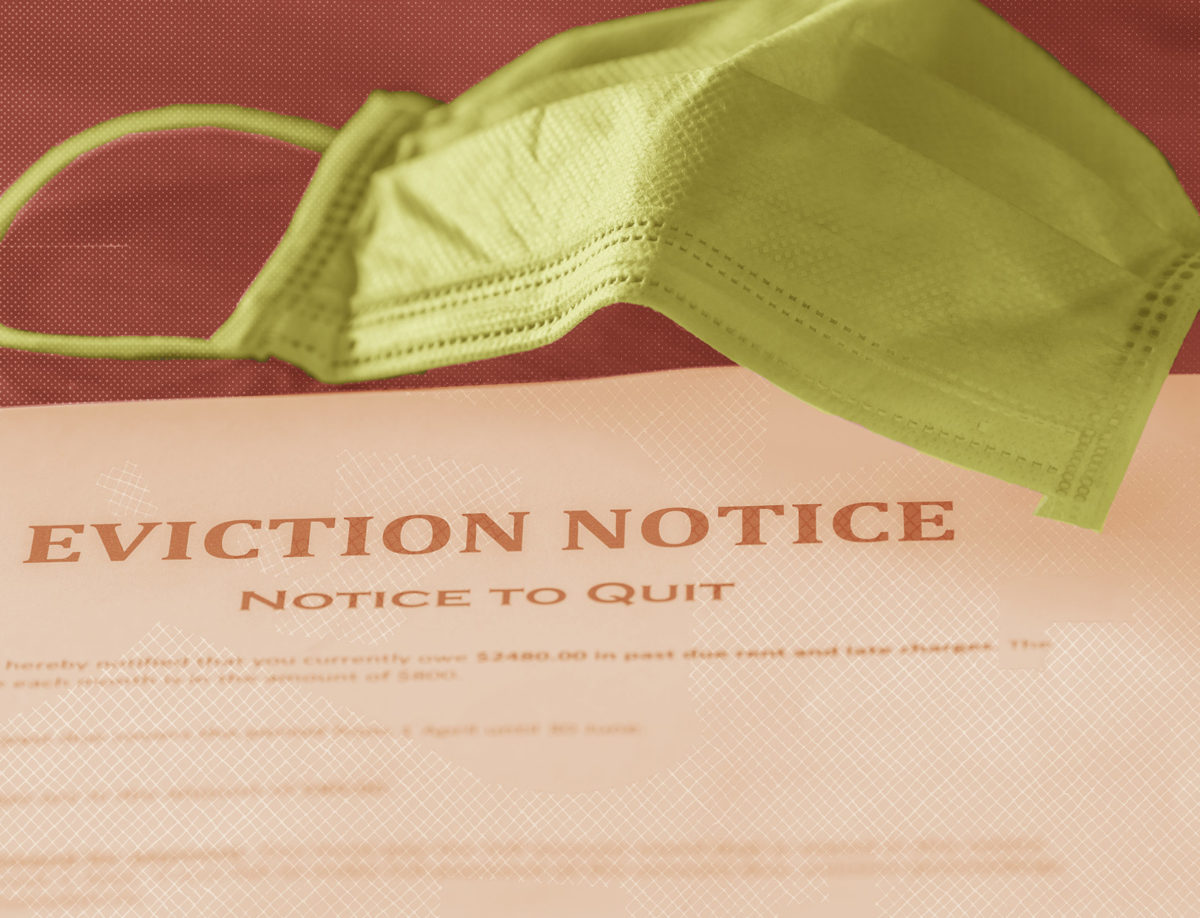
Only 7 percent of tenants in the state have legal representation in eviction proceedings. A bill in the Connecticut house is trying to change that.

A bill passed by the state legislature, but yet to be enacted, would offer access to counsel for low-income renters.
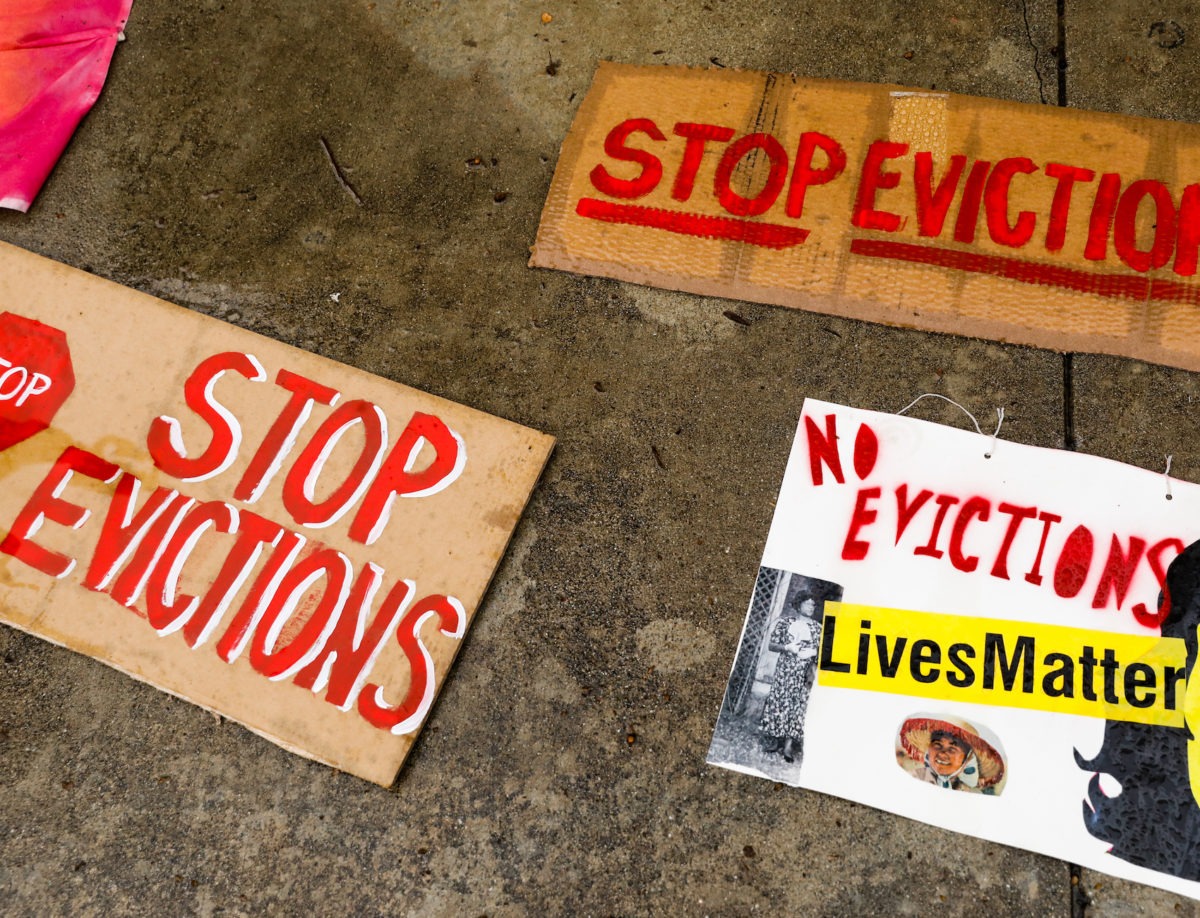
A new proposal would make Denver the latest major city to provide legal defense for residents facing evictions.

Days before the election, campaign finance reports show that real-estate and construction industries favor Cara Spencer over Tishaura Jones.
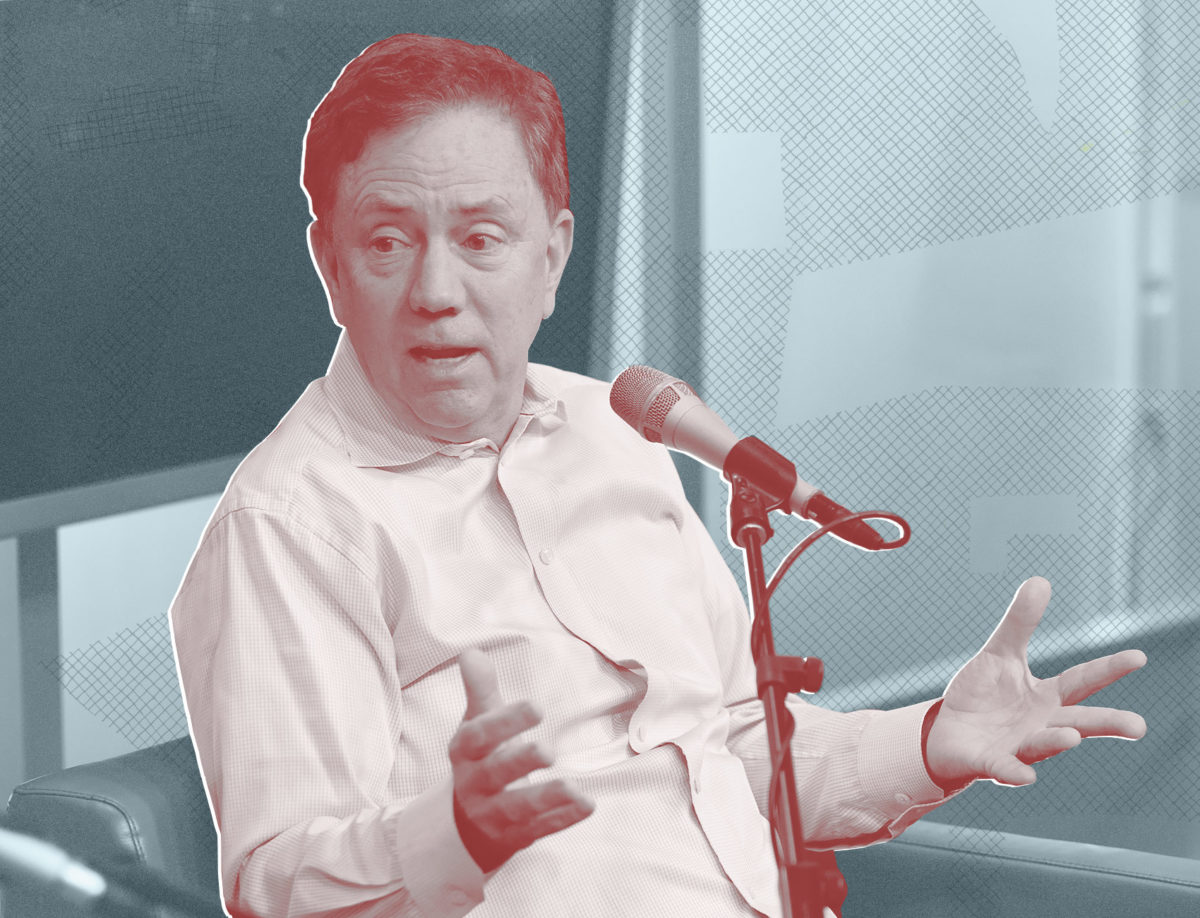
The governor has rolled back eviction protections for those struggling most to pay rent.
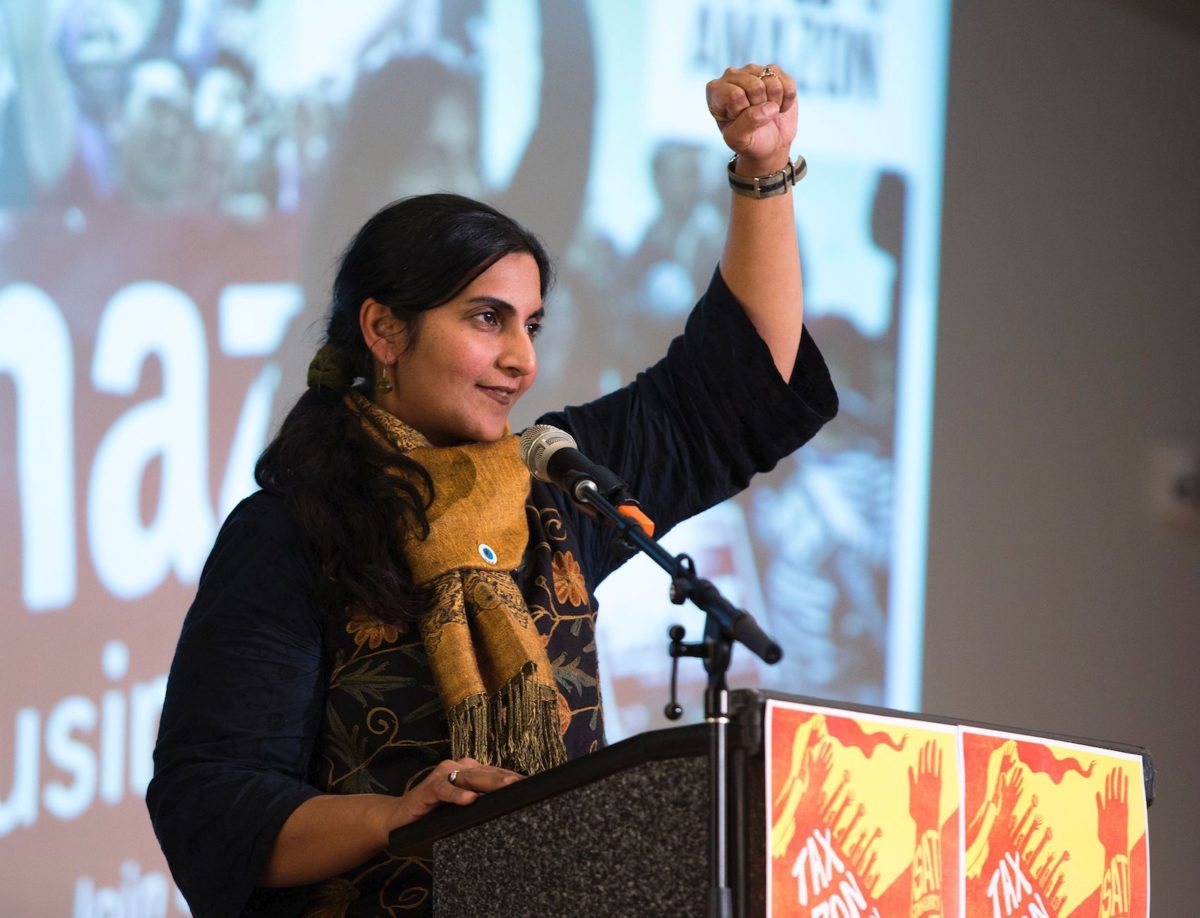
The city joins the national trend of guaranteeing counsel in eviction court, which data shows can save people’s homes.
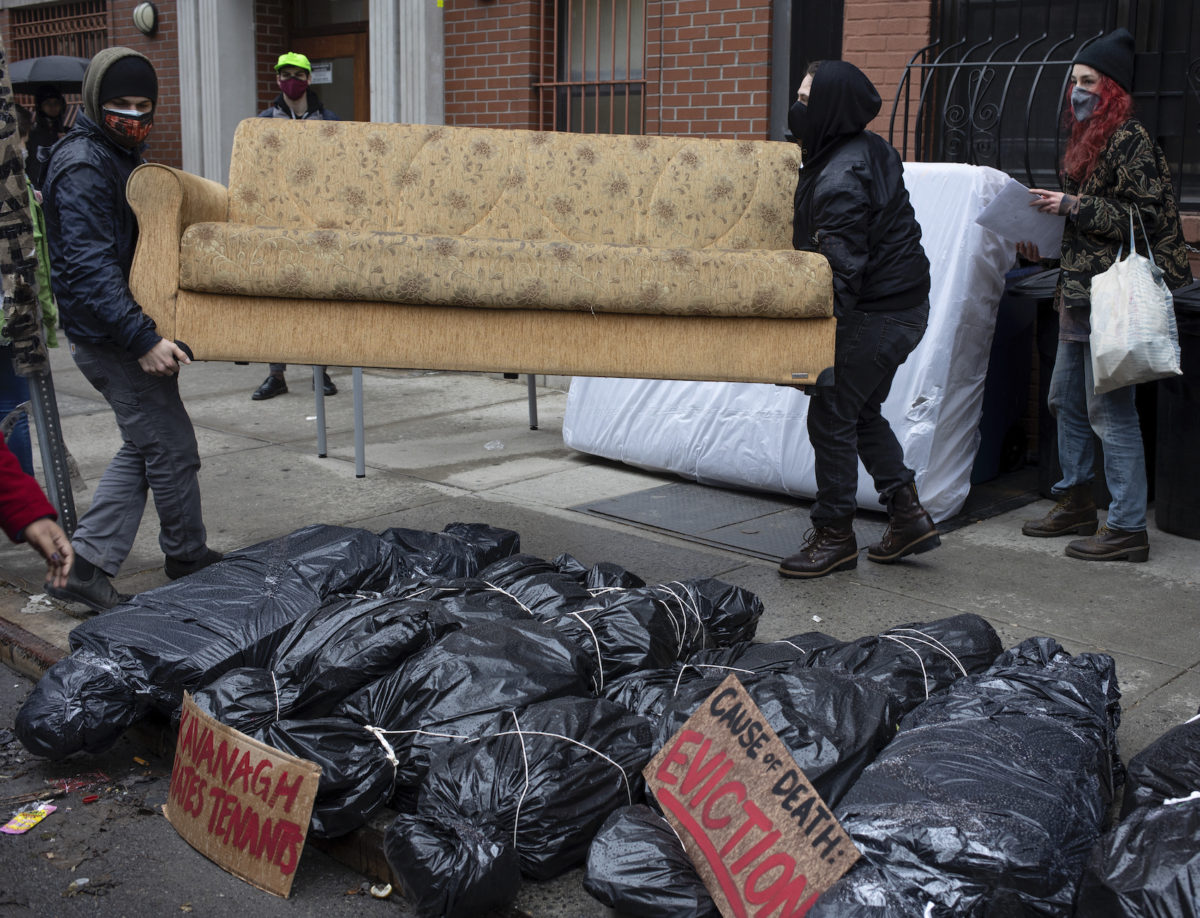
Activists are calling for a number of new policies to expand the reach of community land trusts.

To all of the state lawmakers wondering how to fund legal representation for tenants facing evictions: follow the federal COVID-19 relief packages.
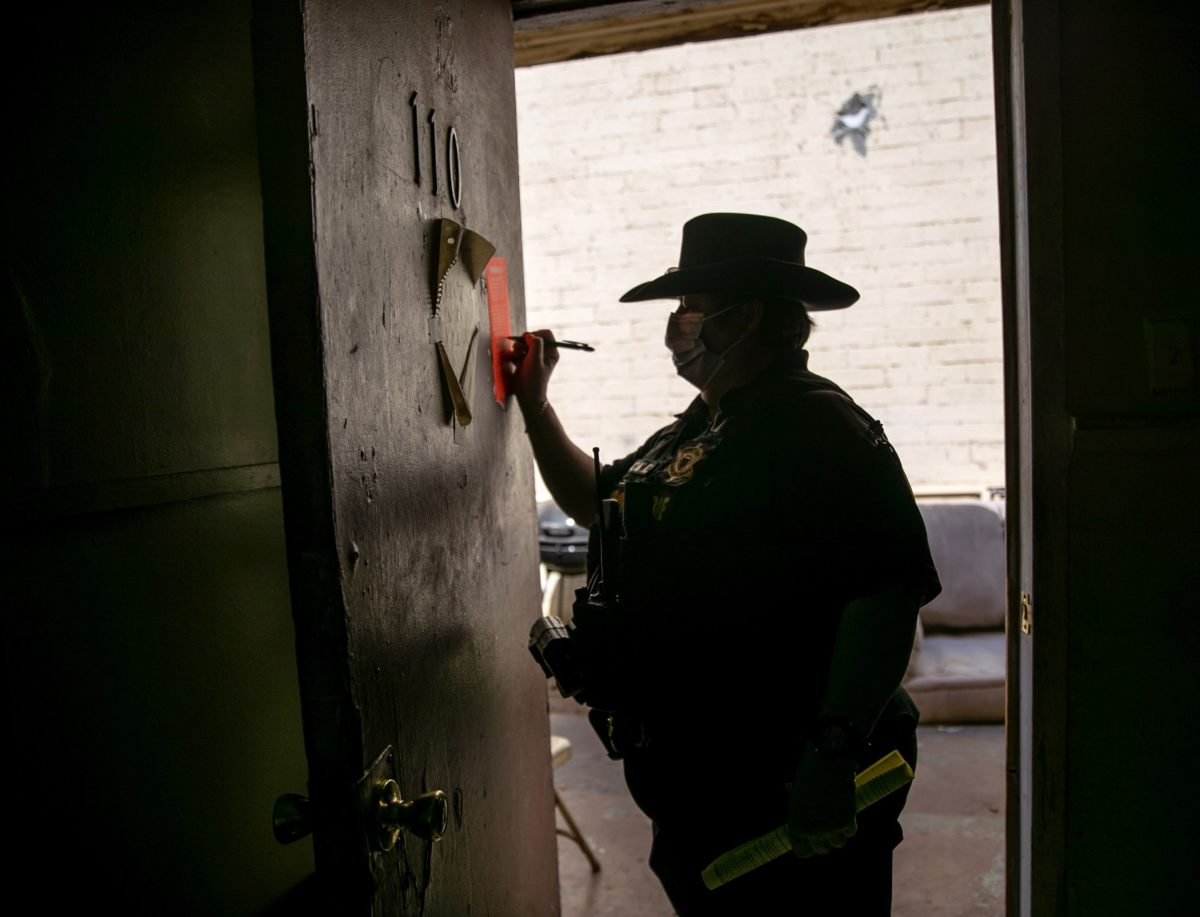
Ensuring renters have representation in housing court would help close a “justice gap” and be a life-saving intervention for those at risk of losing their homes.
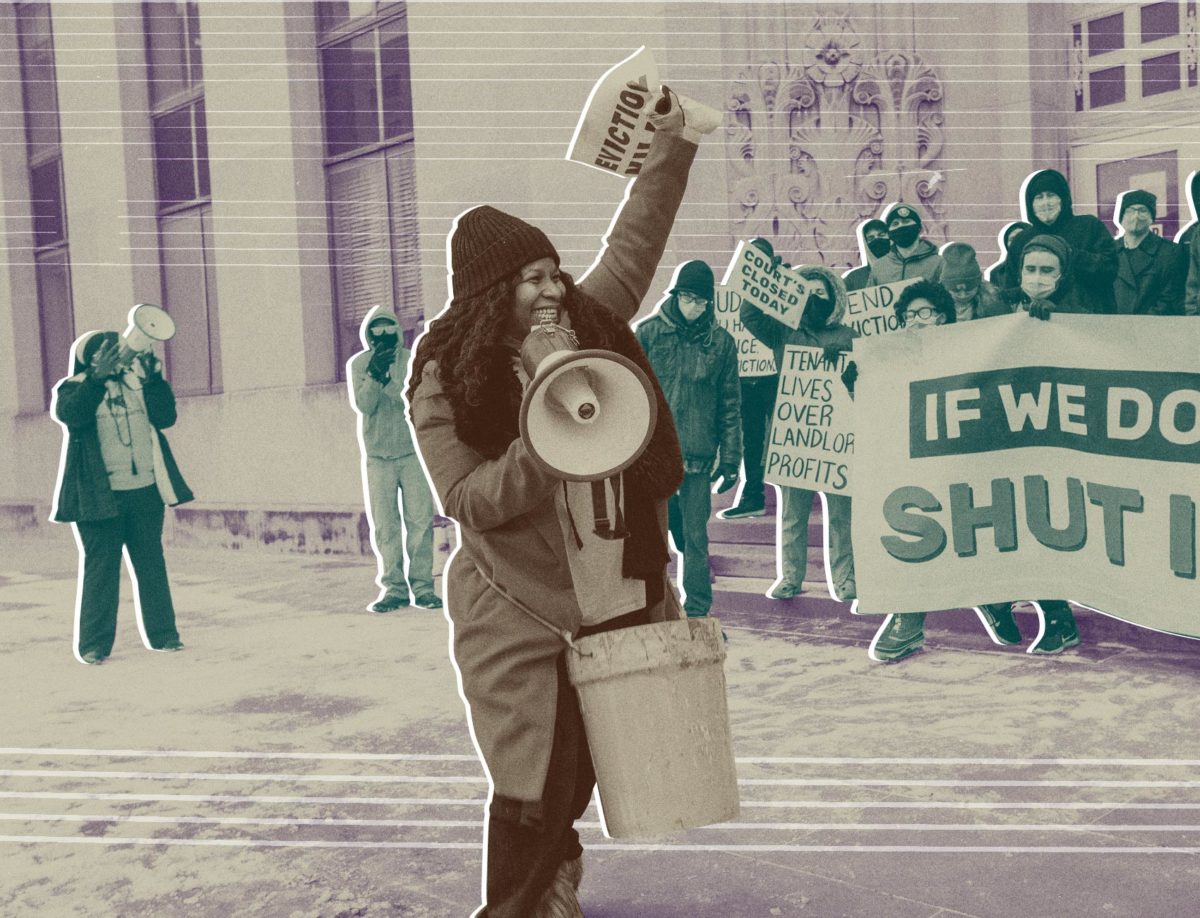
KC Tenants has secured passage of a tenant “bill of rights” and successfully blocked hundreds of evictions through civil action in the Kansas City, Missouri area.
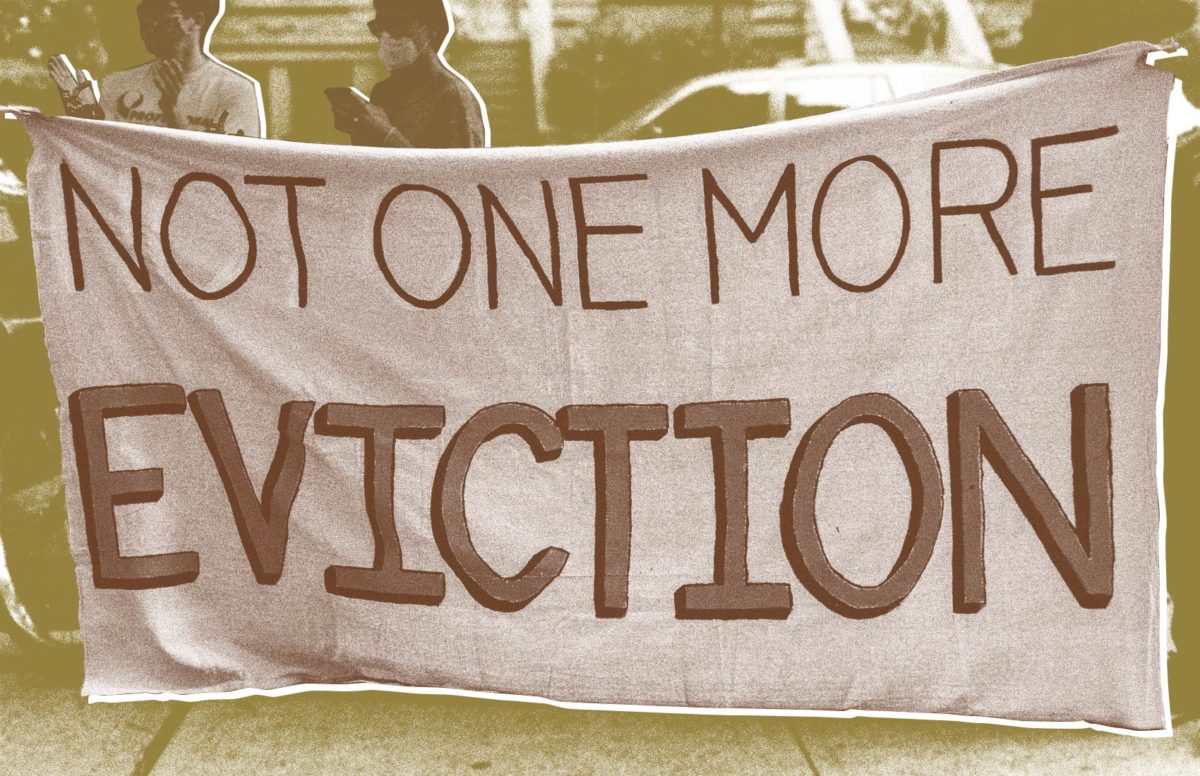
Whether the city will do more to keep people in their homes or simply do more of the same depends on who voters elect as the next mayor.
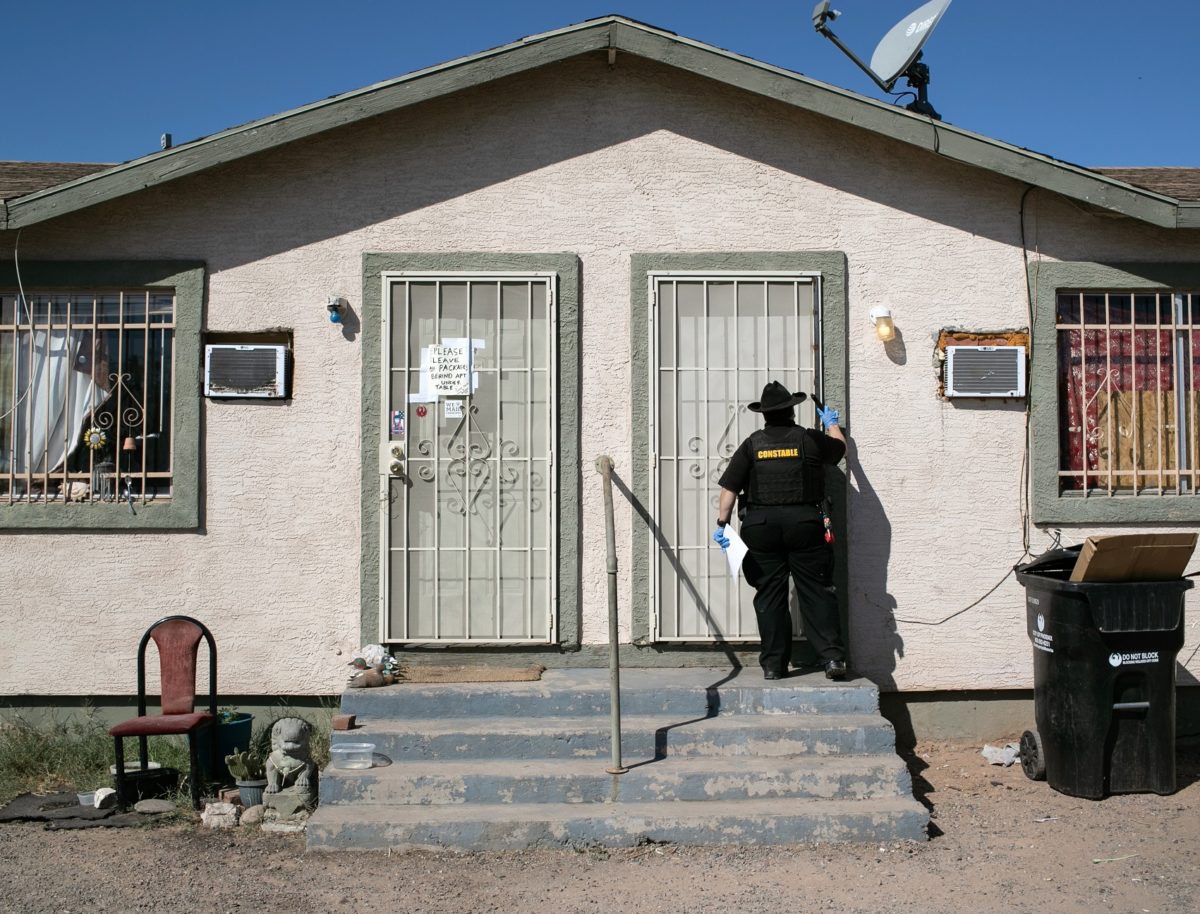
Numerous city councils and state legislatures are debating giving renters a right to counsel, which can make the difference between stability and catastrophe.

Policies that helped keep people in their homes—and keep the utilities on—reduced COVID-19 deaths and infections.

The order halts evictions in the city and surrounding area until Jan. 24, but a housing rights group says greater protections are needed for the most vulnerable during the COVID-19 pandemic.
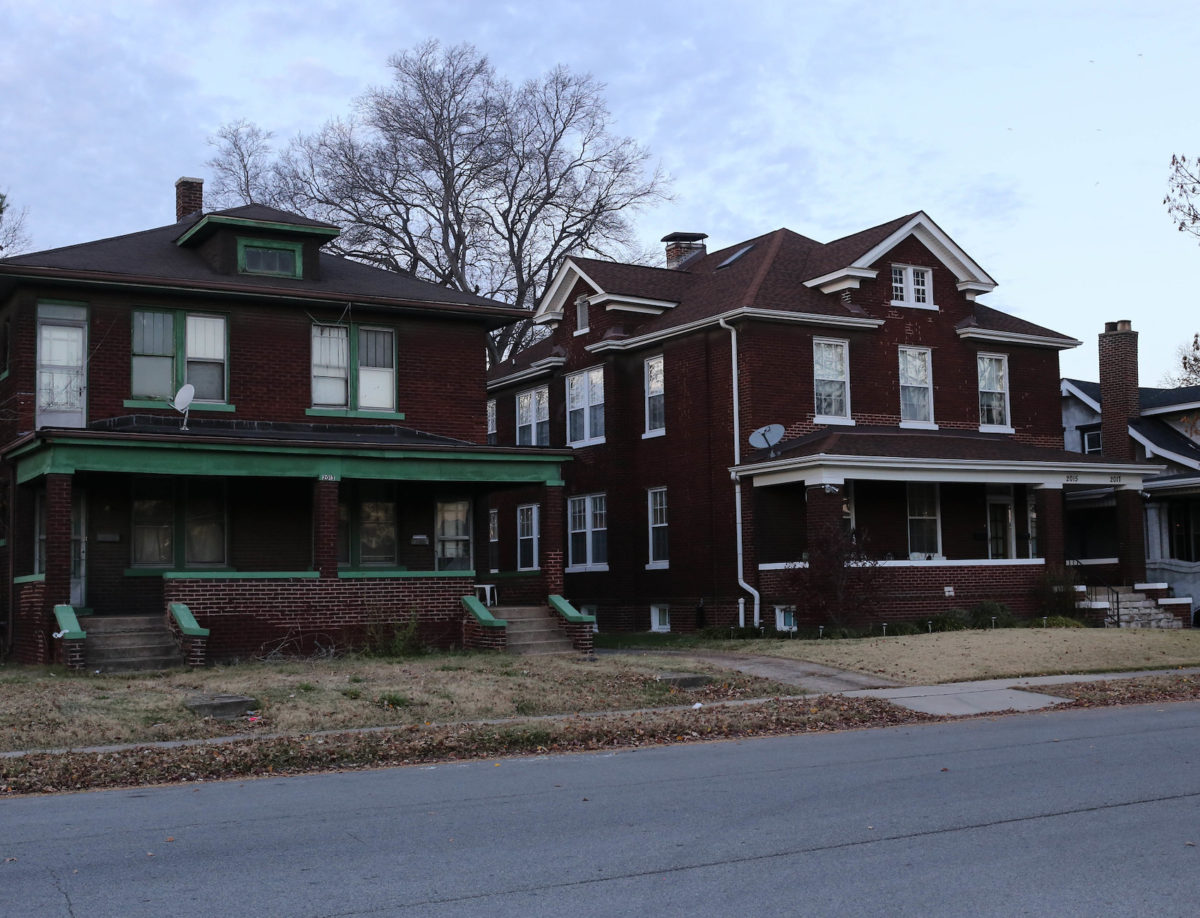
In Granite City, Illinois, landlords have been penalized for refusing to evict tenants who have criminal records or are simply living with someone who does.
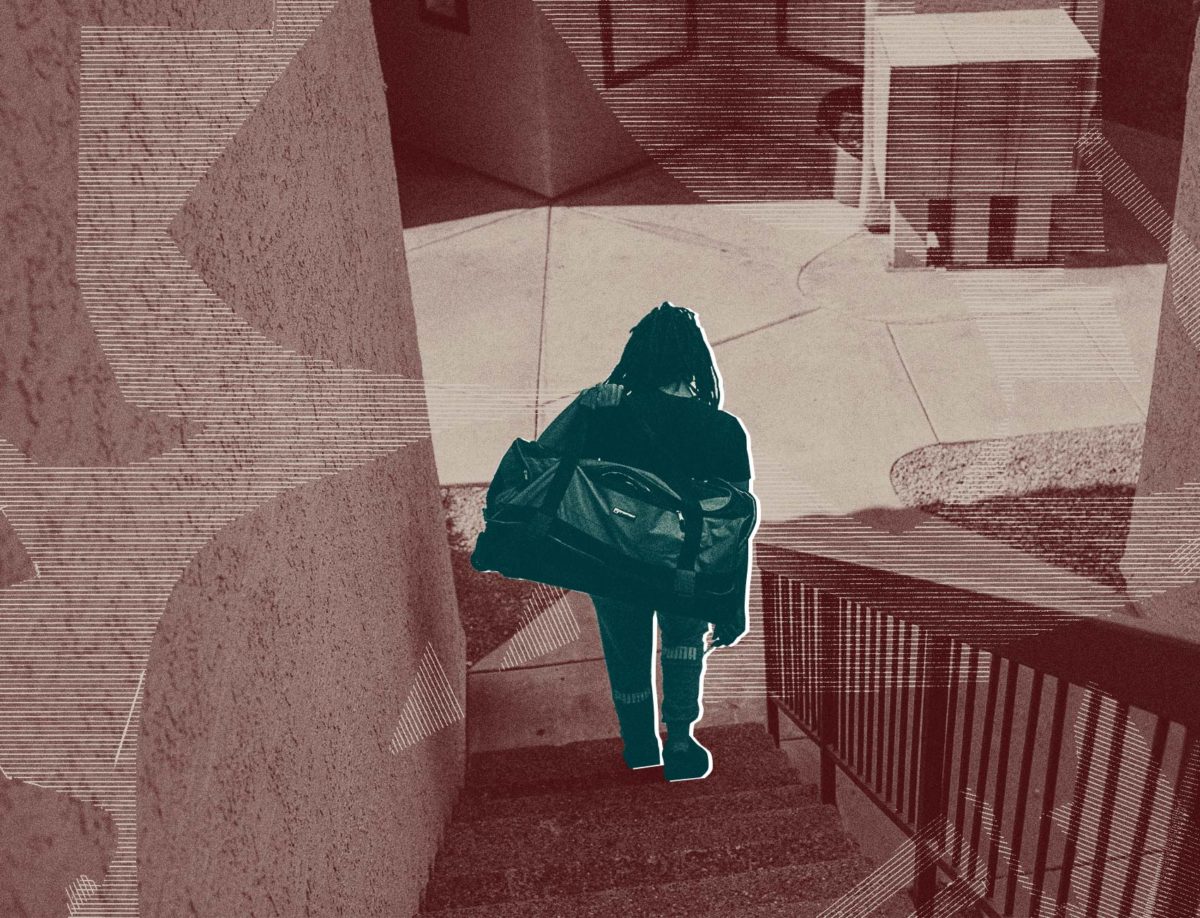
Landlords have continued forcing renters out of their homes, despite a patchwork of protections from federal and local governments. Now, with the CDC moratorium set to expire on Dec. 31, millions of Americans could be evicted.
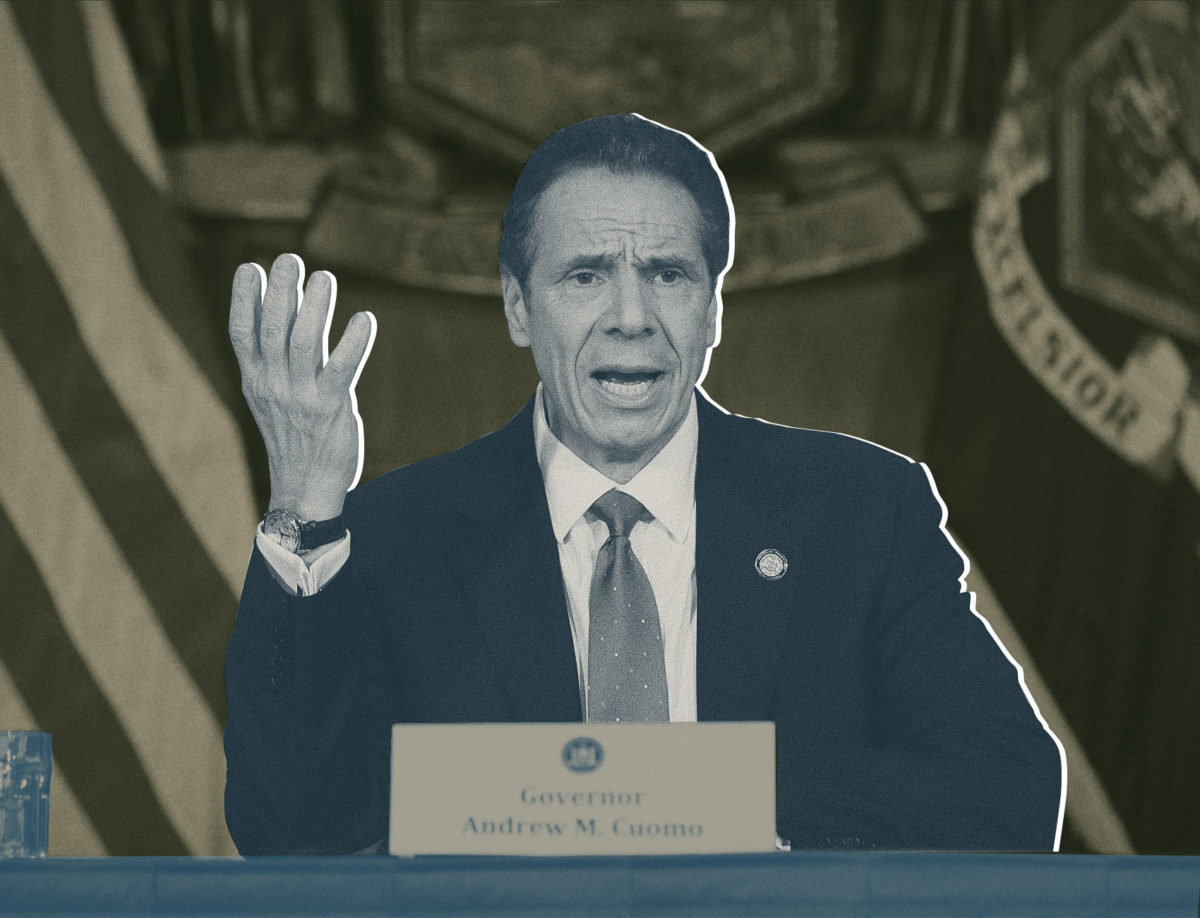
Progressive lawmakers and activists say Cuomo has failed to adequately protect those who are out of work, at risk of losing their homes, or living behind bars, where the virus has spread rapidly.
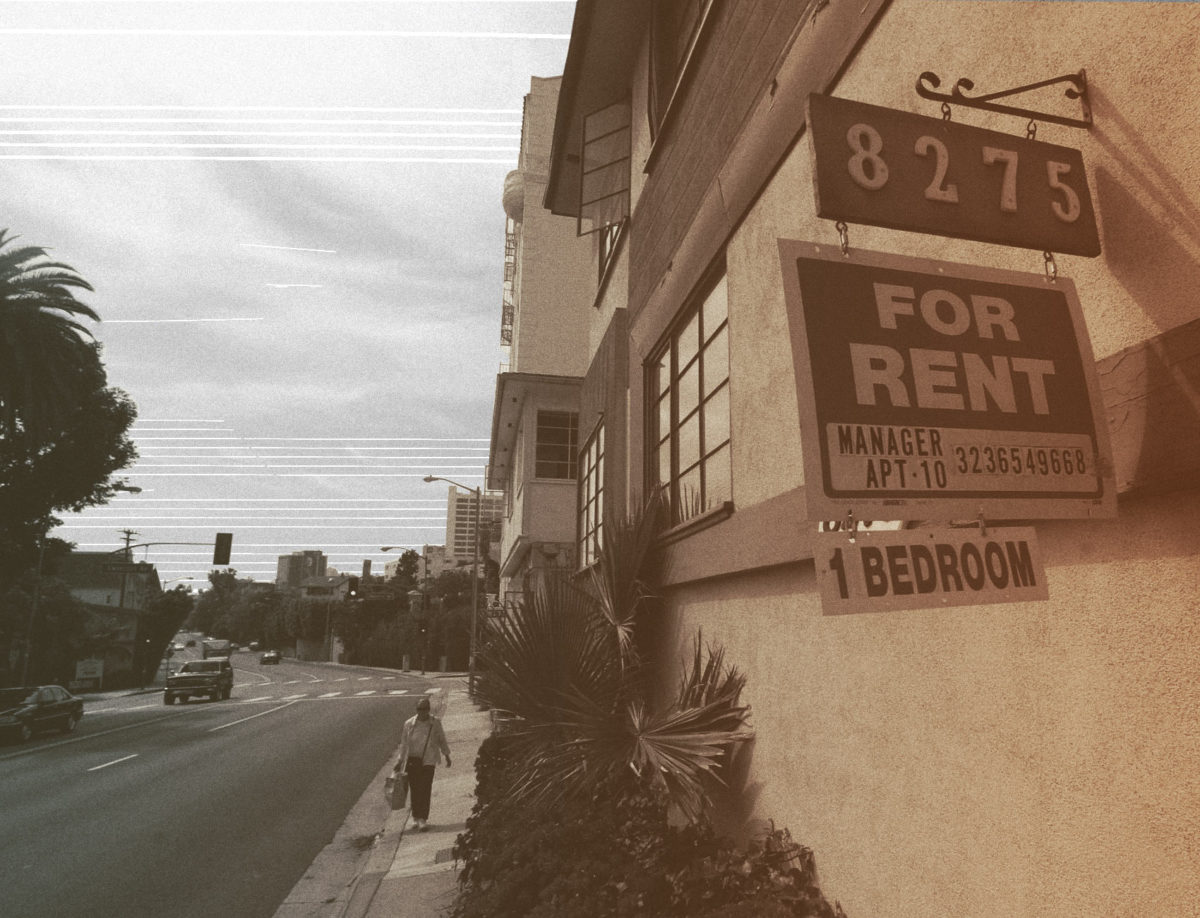
Corporate backers of a group opposed to Proposition 21 don’t match the protective image it portrays. And a nonprofit that has contributed to supporters has been accused of financial improprieties.

Tenants rights groups in Brooklyn, Kansas City, New Orleans, and elsewhere are using physical blockades and direct action to keep people in their homes.
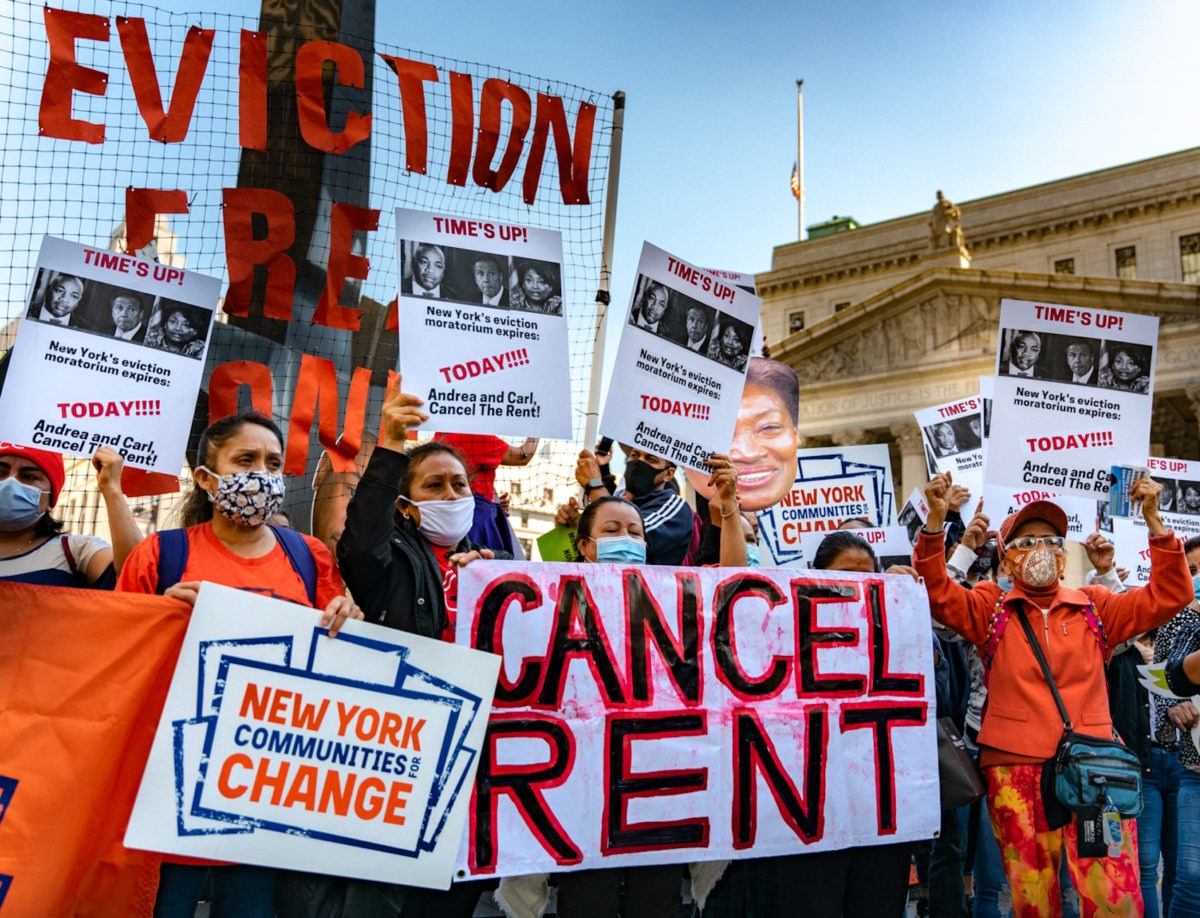
After defeating long-time incumbents in Democratic primaries, progressive candidates are championing cancelling rent and banning evictions.
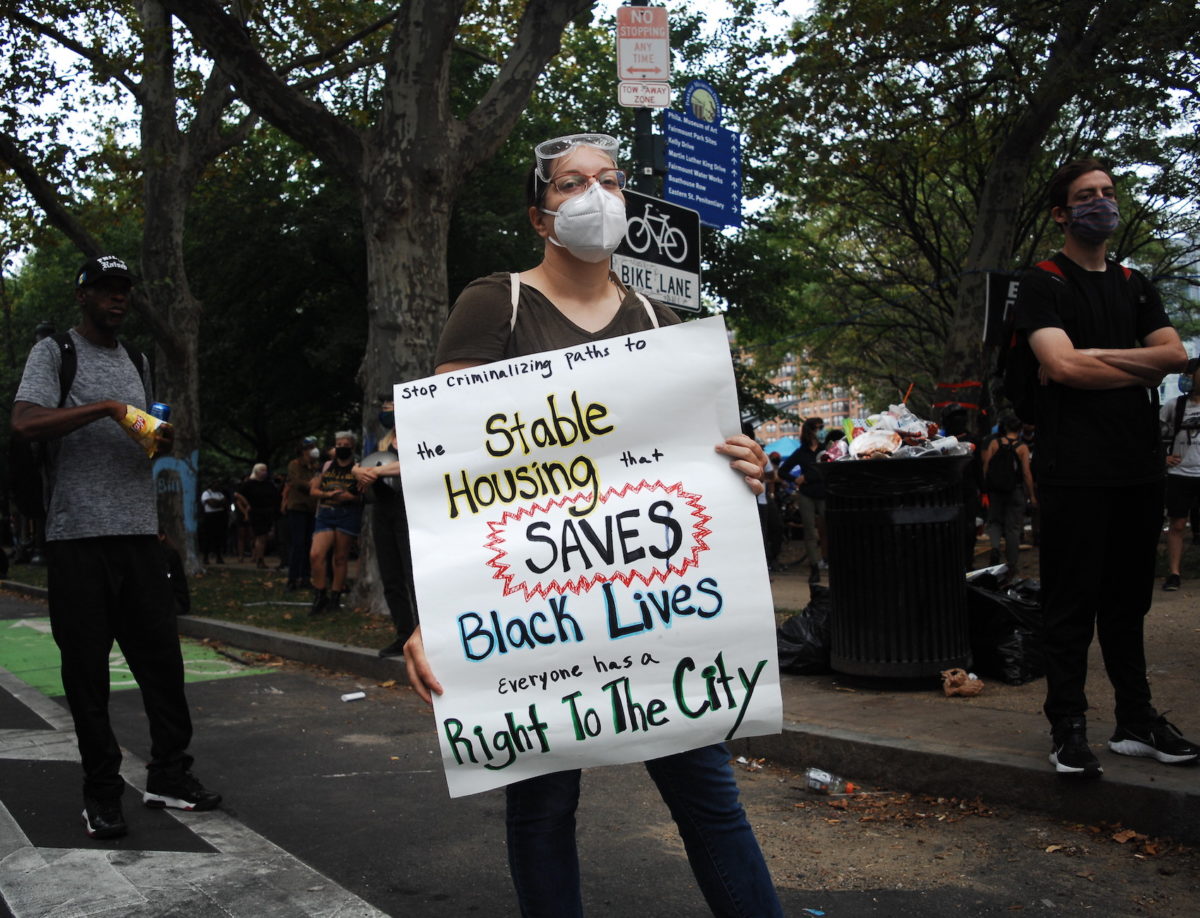
The city will give advocates 50 vacant homes to be used for permanent housing for low-income residents, according to a tentative agreement.
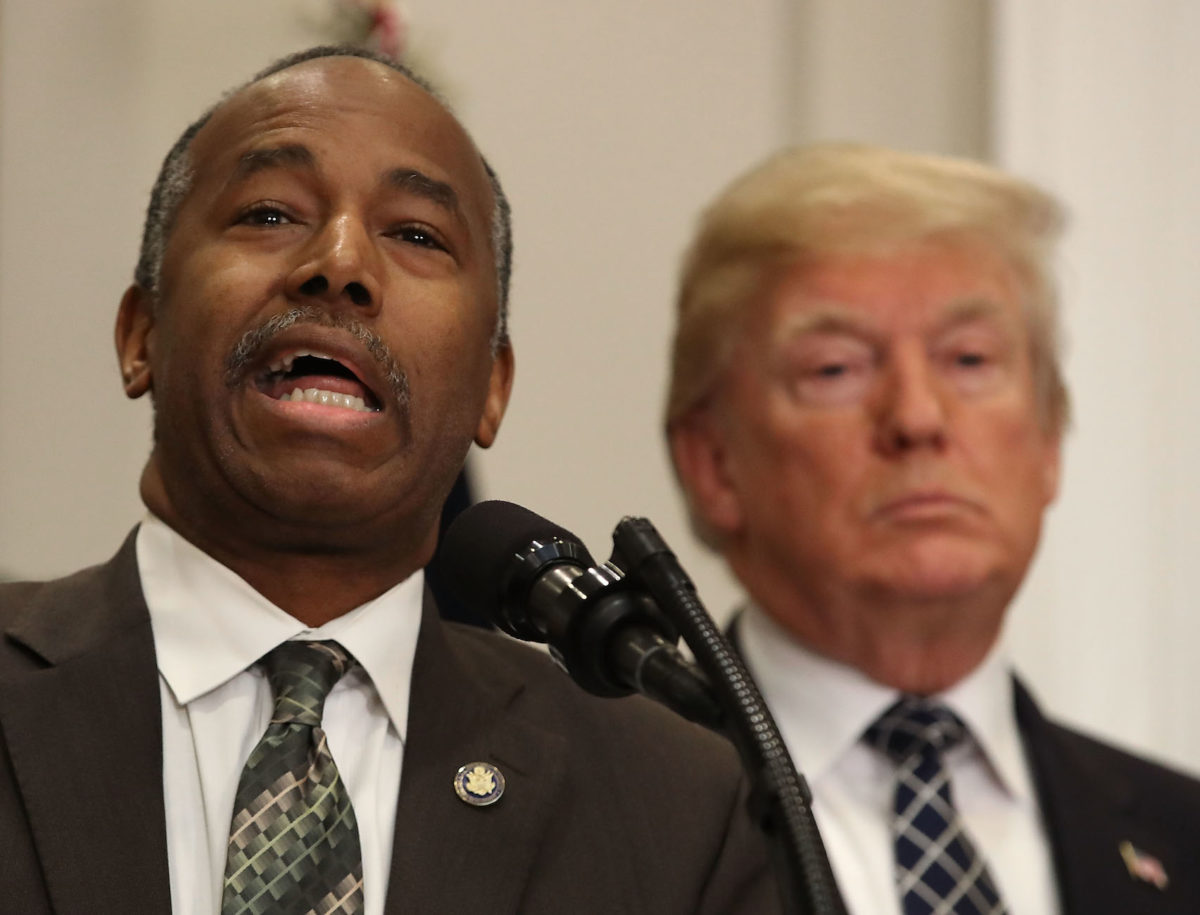
The Trump administration mishandled COVID-19, creating conditions that left transgender people even more vulnerable to housing instability than before. Now it’s pushing for a rule change that would allow homeless shelters to discriminate against trans people.
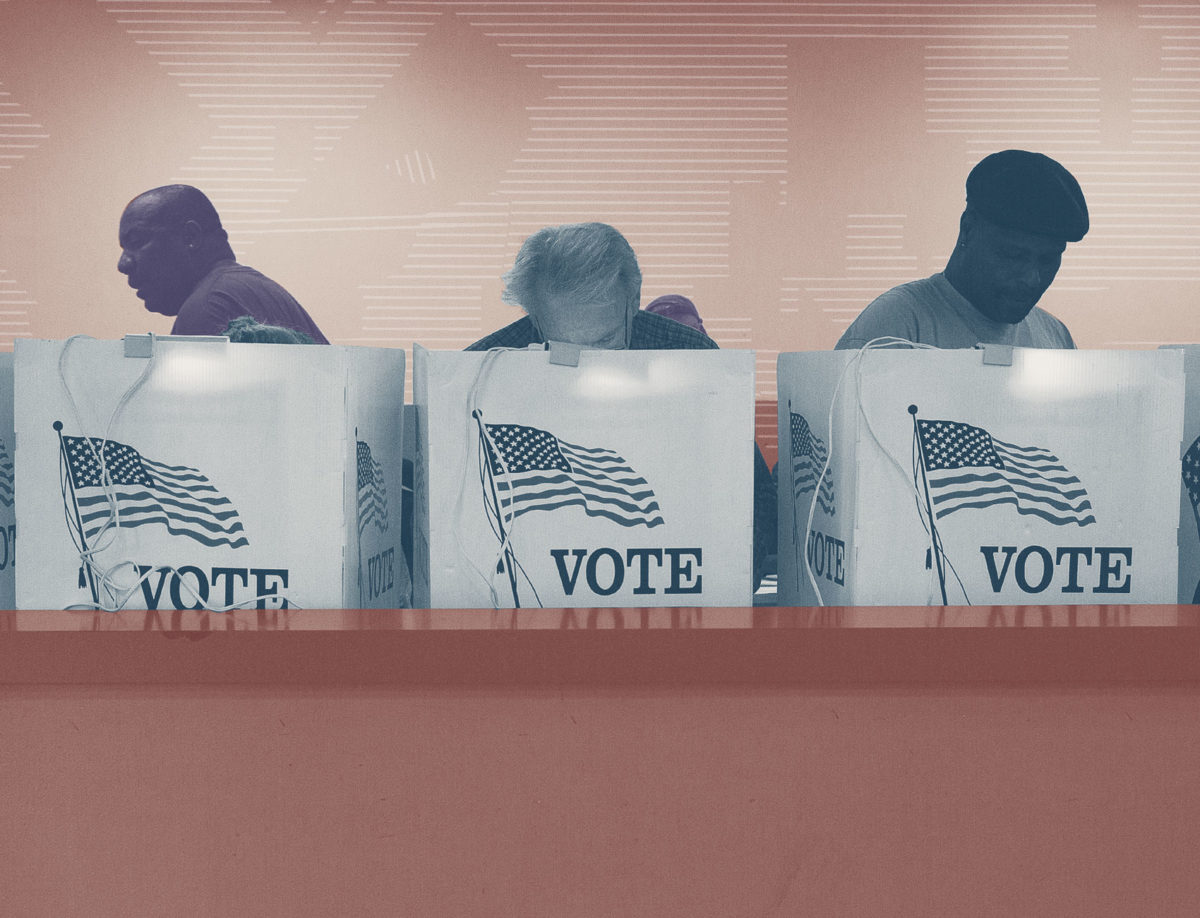
Between the global pandemic and a nationwide economic crisis, voting rights advocates see a ‘perfect storm of barriers’ ahead that could prevent millions of people from casting a ballot in November.
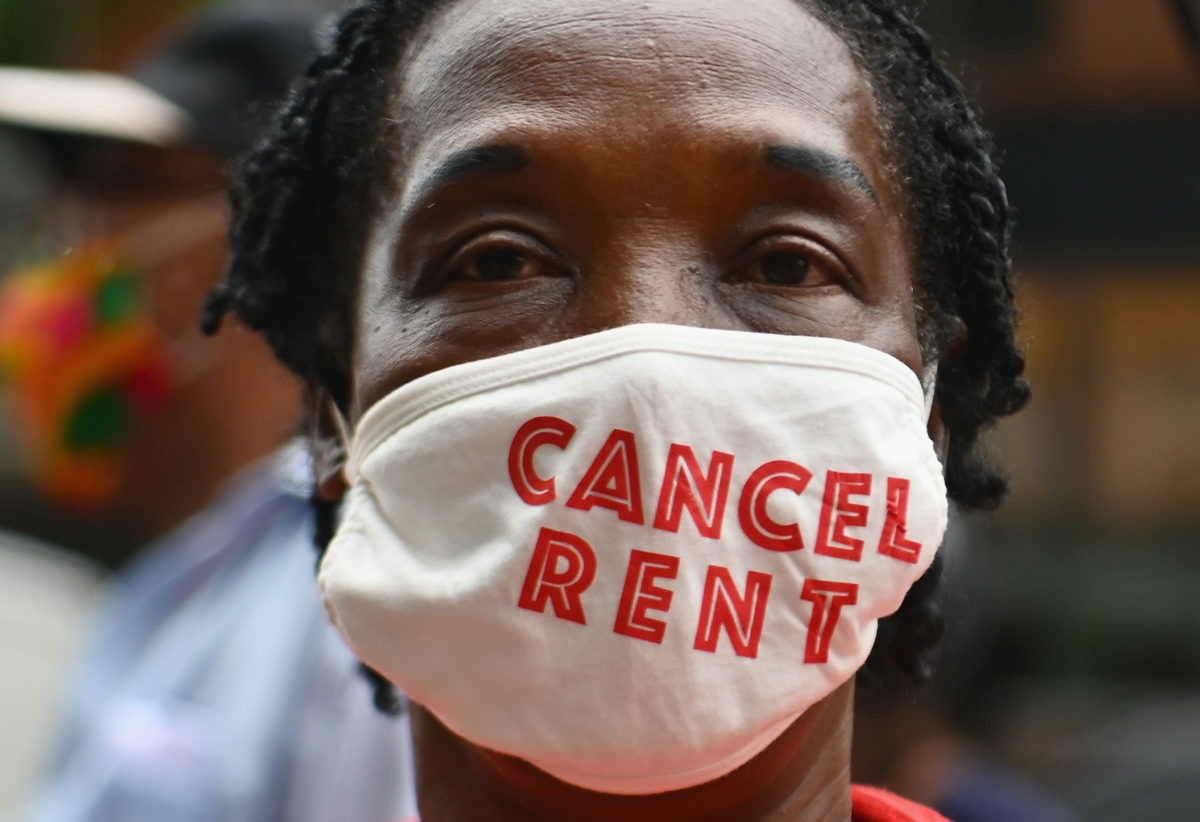
Tenants and progressive leaders who cried out for a national action must now grapple with two truths: This eviction moratorium will save lives, but everything about it is a page out of Trump’s re-election playbook.
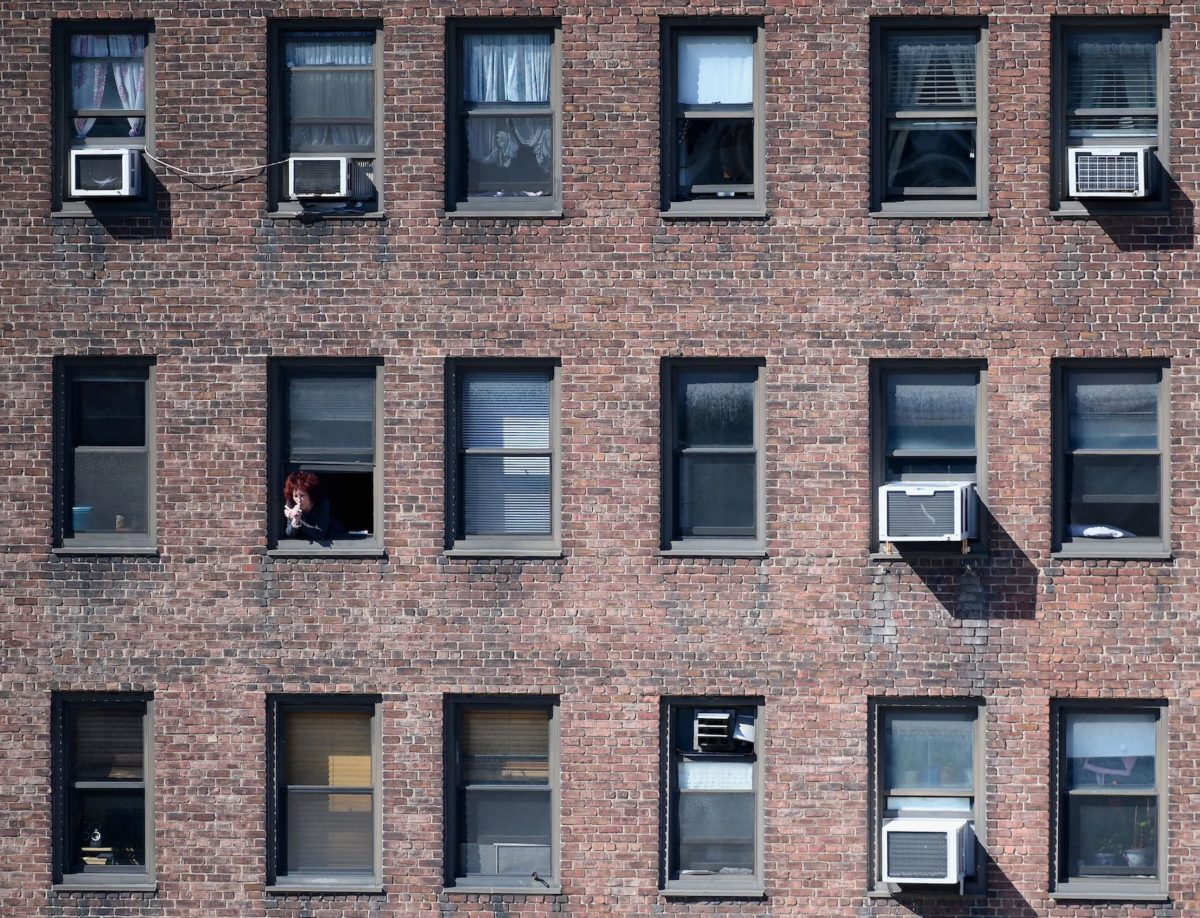
Some corporate landlords who received federal PPP loans are notorious for mistreating tenants.
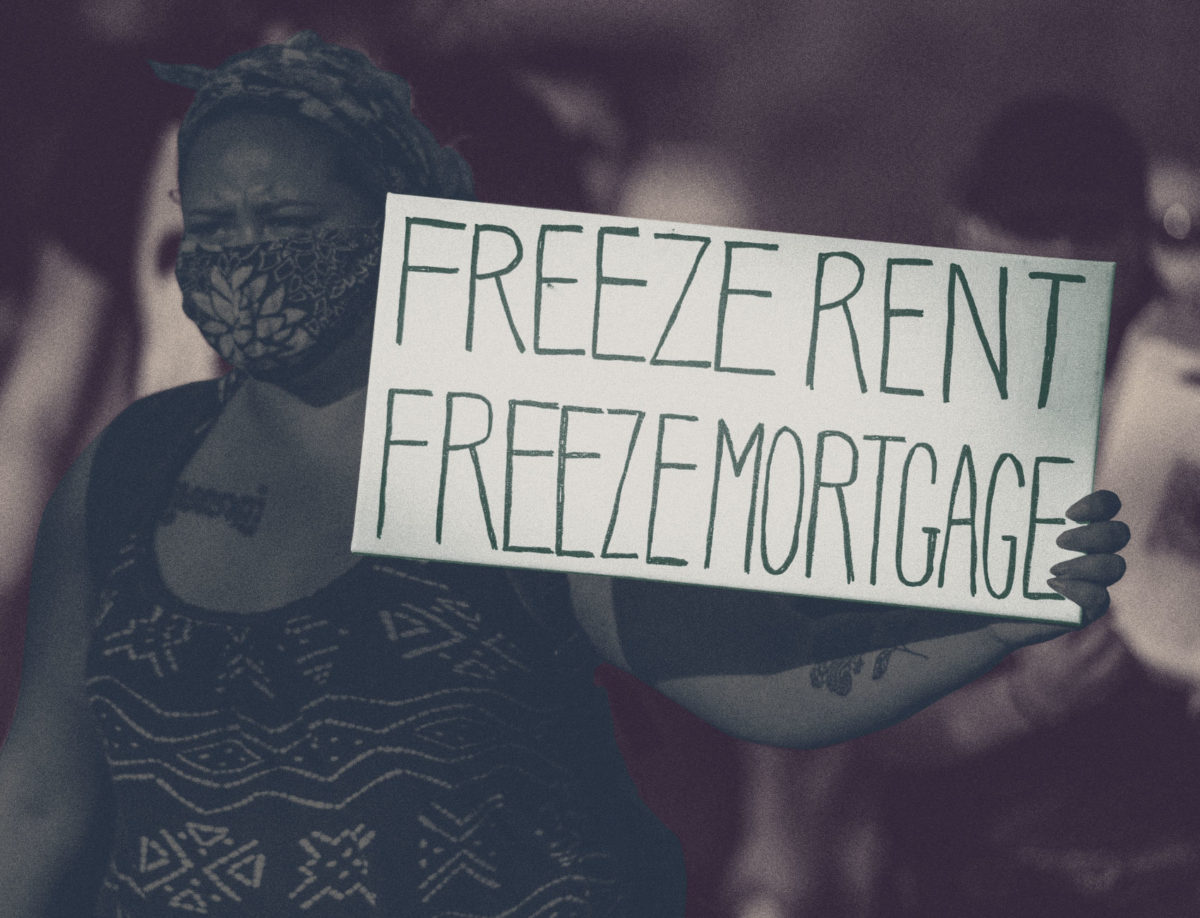
Housing rights activists in California are pushing for taxation of rich residents to help the hundreds of thousands of people who may be at risk of losing housing after COVID-19 eviction restrictions end.
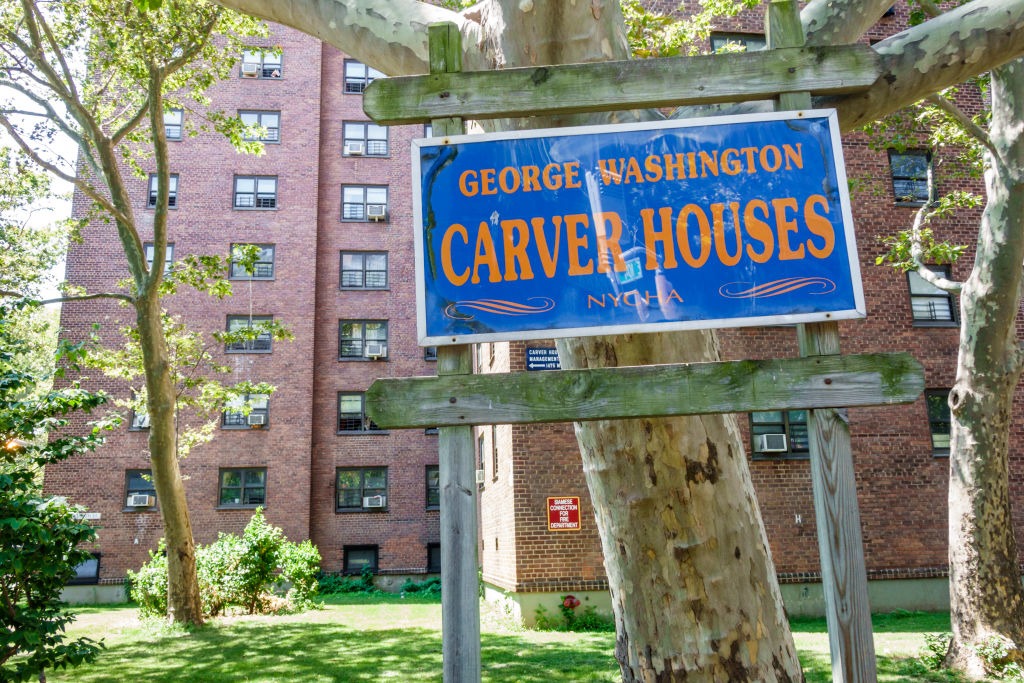
As thousands of people are freed from local jails, a group of nonprofits and activist organizations says the city’s housing authority must revamp its policies that banish the formerly incarcerated.

The frustrations of residents in the Powderhorn neighborhood, not far from where George Floyd was killed, have gotten some national coverage. But the homelessness crisis in the city isn’t new, and it could soon get worse.
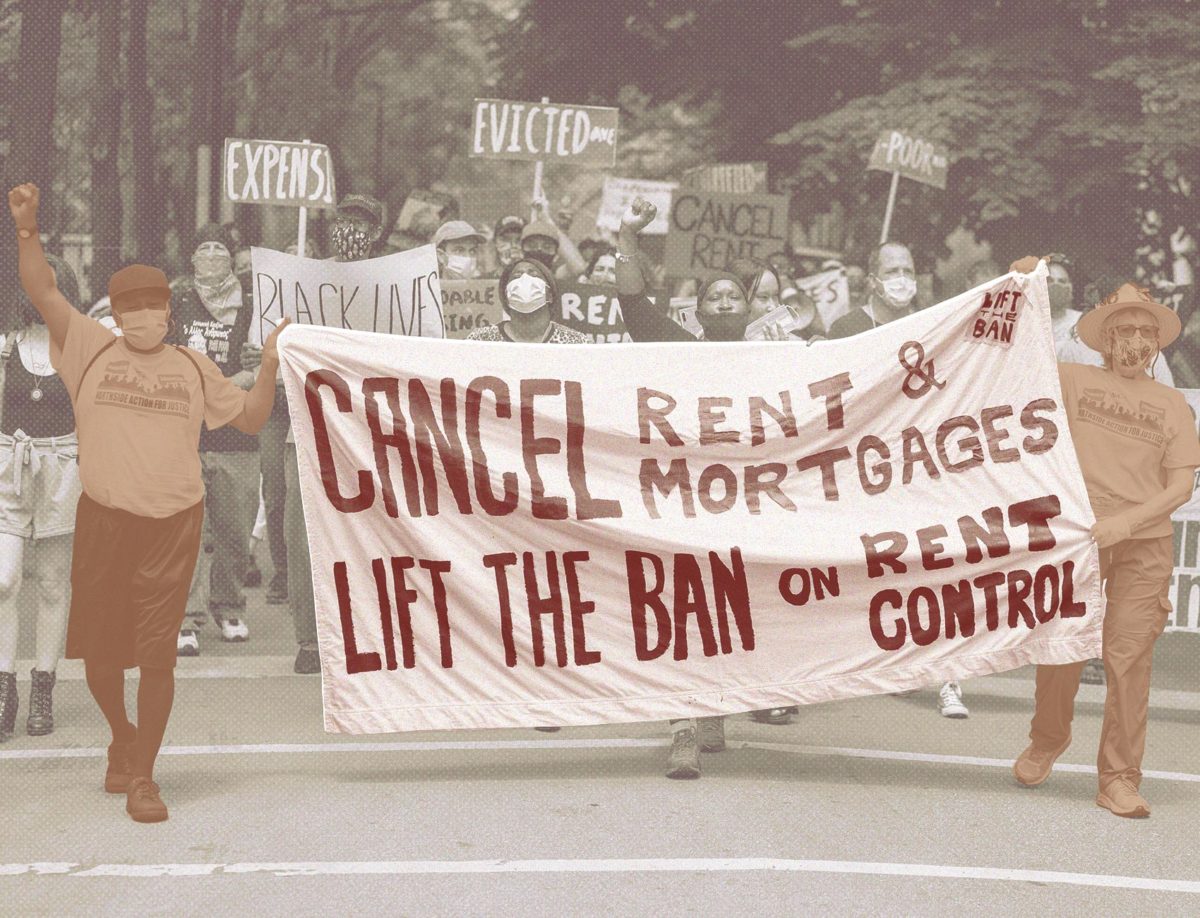
COVID-19 is disproportionately putting Black and Latinx people at higher risk of eviction, fueling a housing crisis that is already in progress.
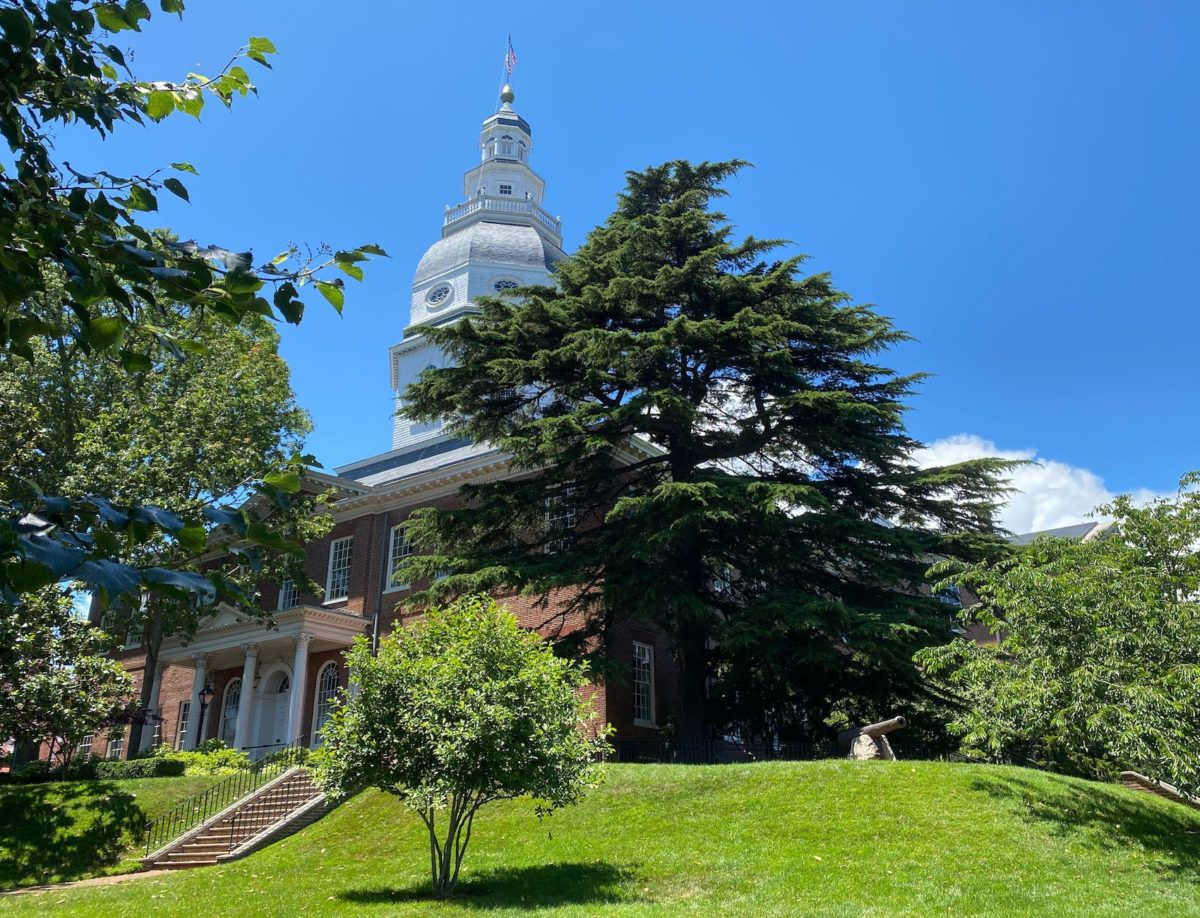
In a moment of crisis, the state Senate and House are slated to be in recess until January.
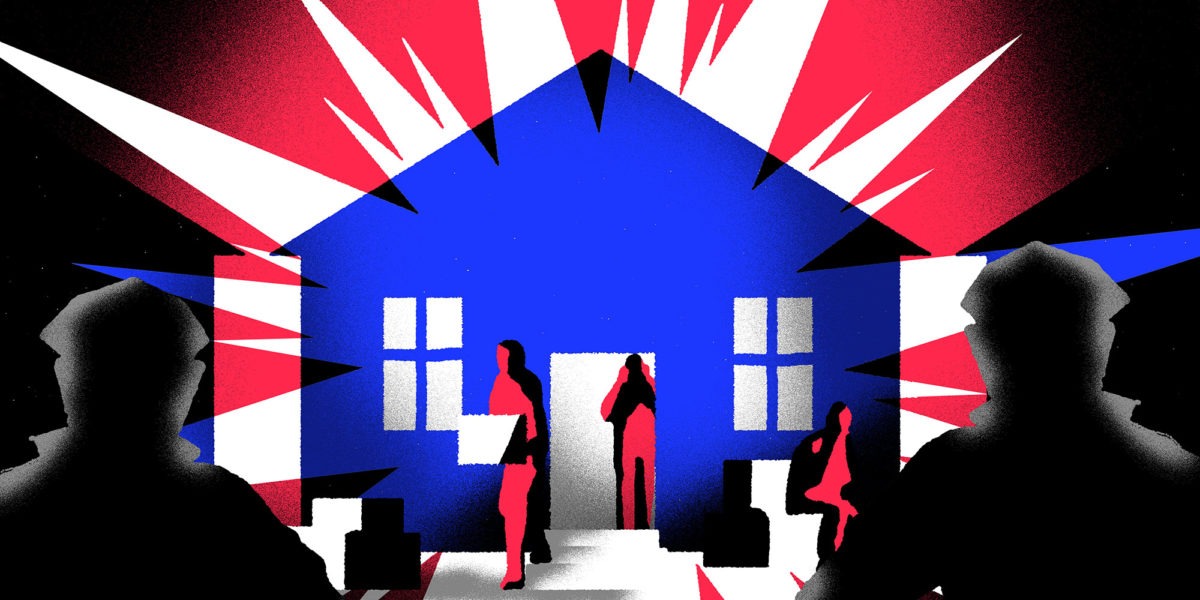
The ‘drug house’ ordinances that force landlords to kick out tenants are mostly compounding the overdose crisis, critics say.
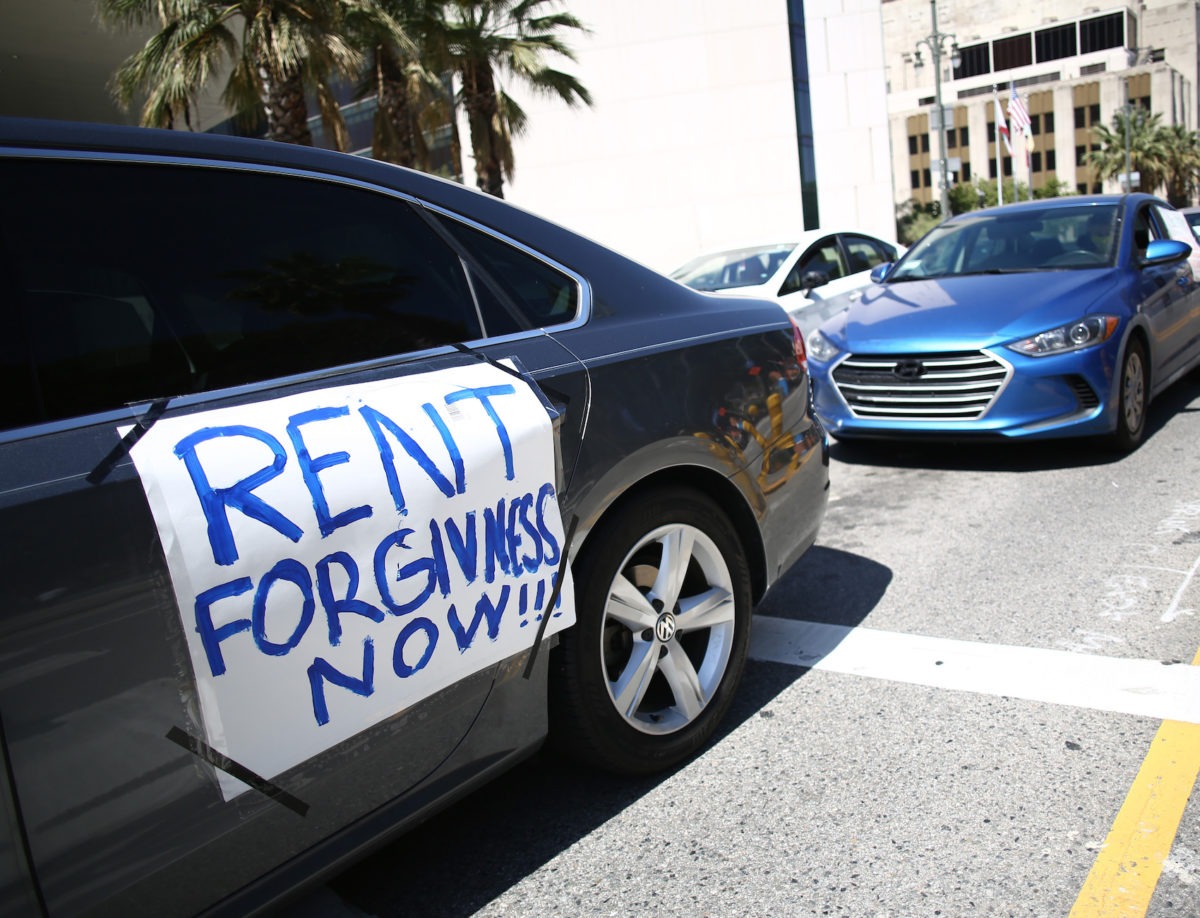
Laid-off workers say they face insurmountable debt and homelessness if they have to pay back months of rent after the pandemic.
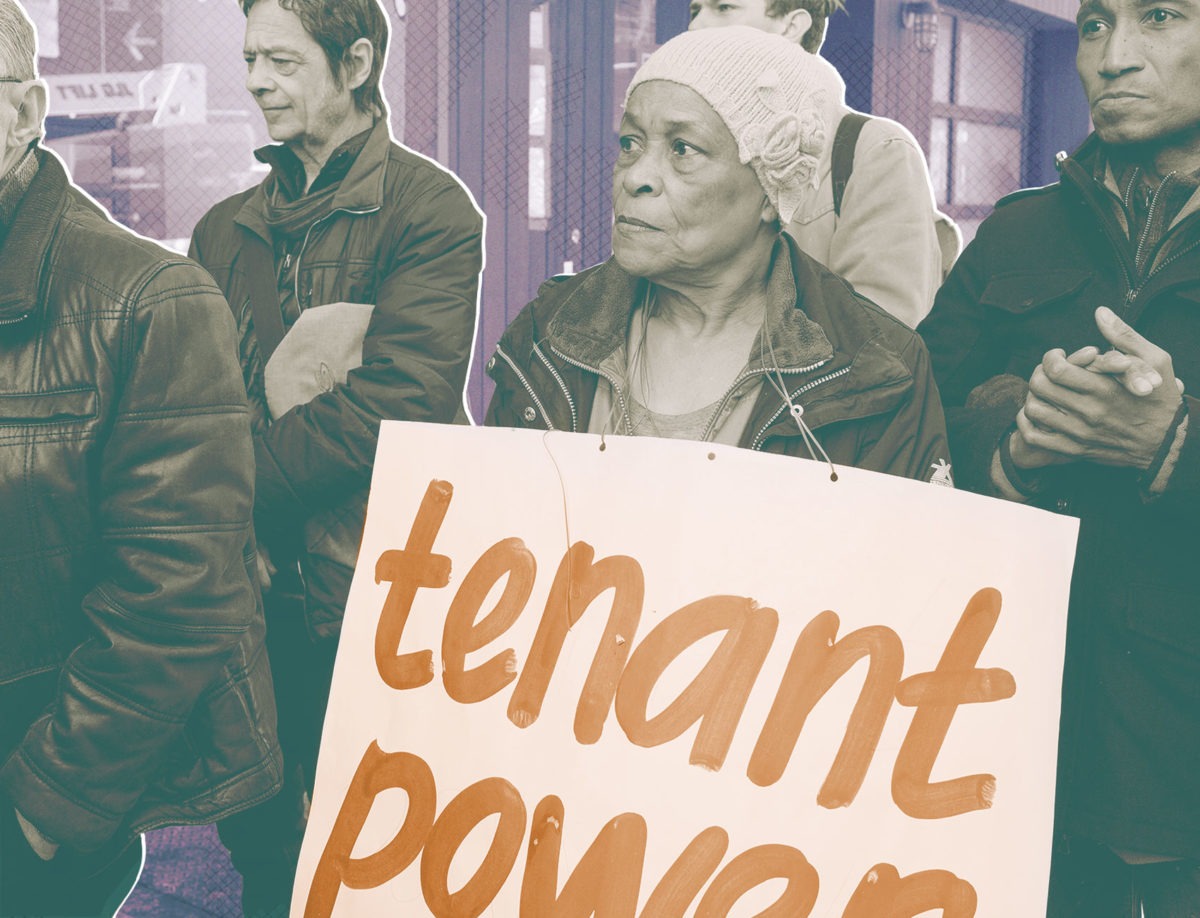
As millions file for unemployment, tenants are banding together to support their neighbors who can’t pay the rent.

Residents have been told to stay in their homes to slow the spread of the novel coronavirus—but little has been done to ensure they can afford to stay there, activists say.
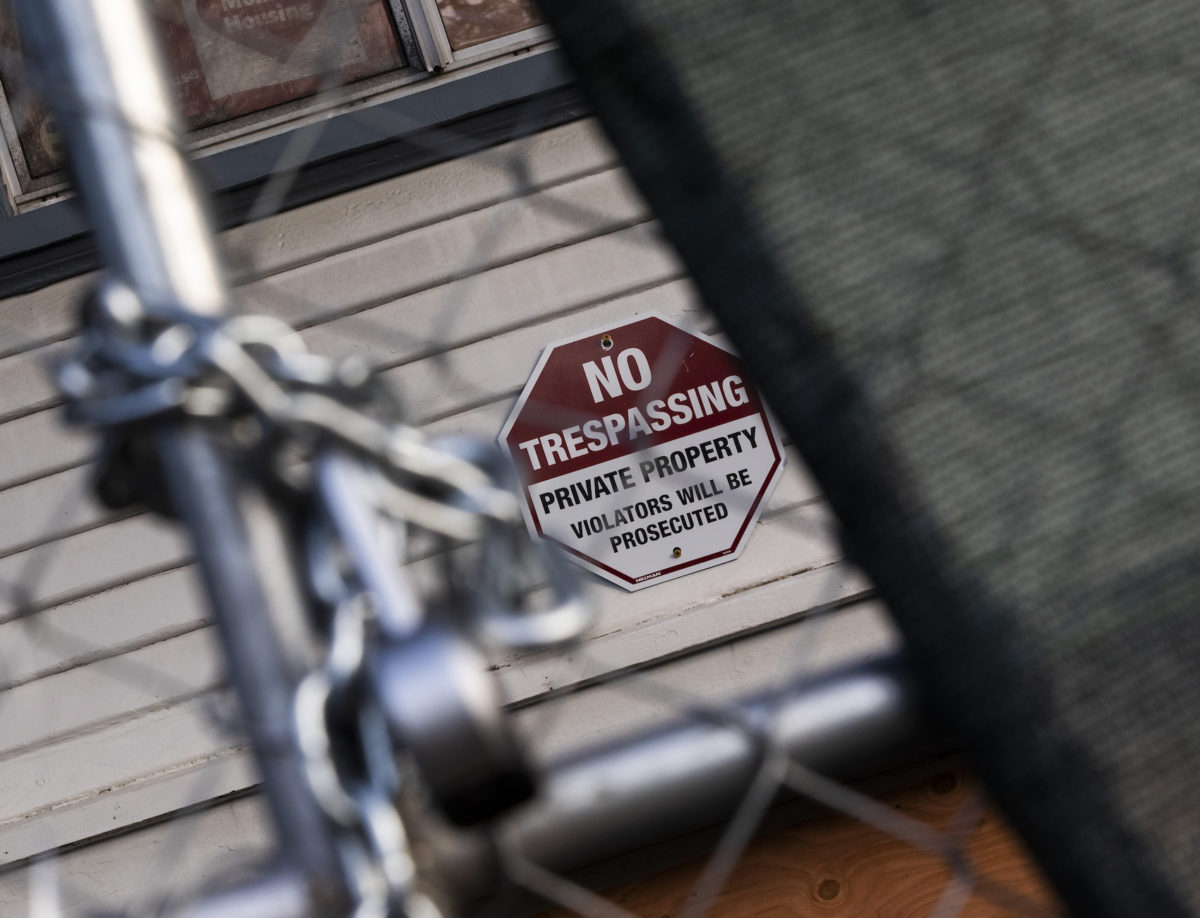
Experts say evictions cause a ‘downward spiral’ of health problems for renters, and that housing security is necessary to slow the spread of the pandemic.
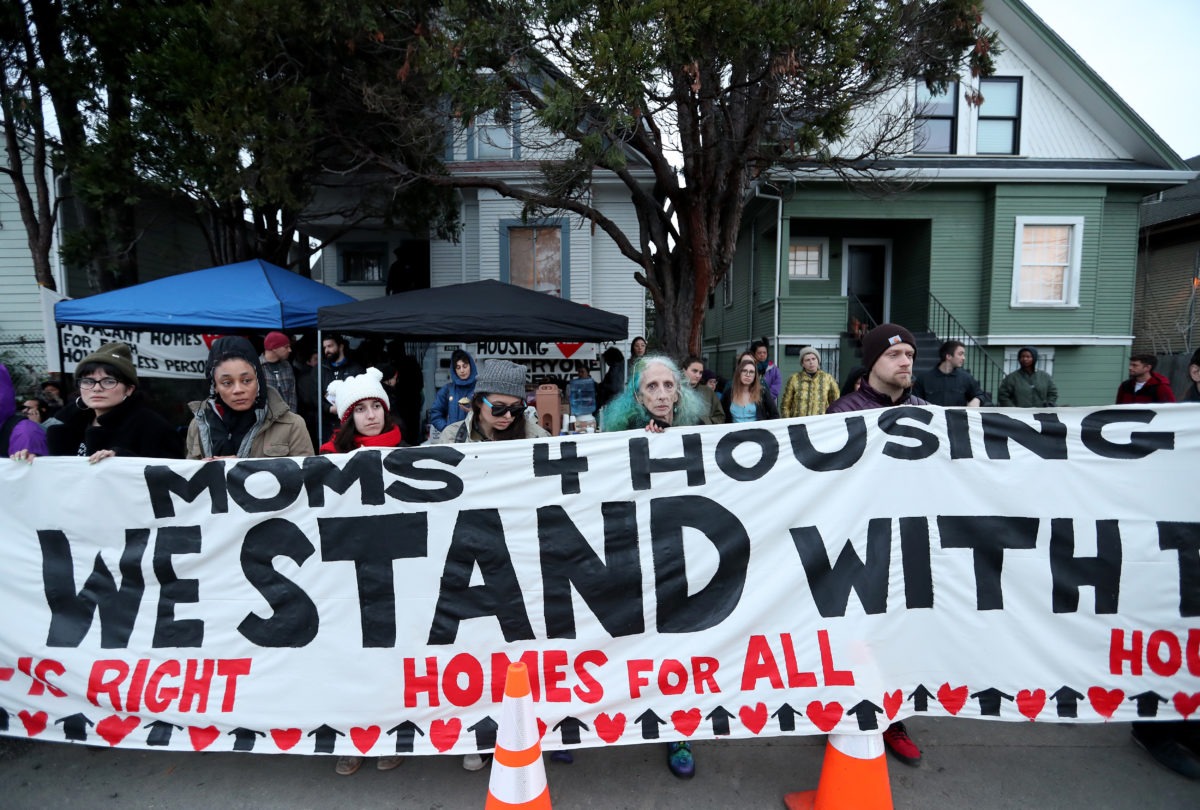
Moms 4 Housing made a home for their families in a vacant house in Oakland. Yesterday, police in tanks and riot gear evicted them.
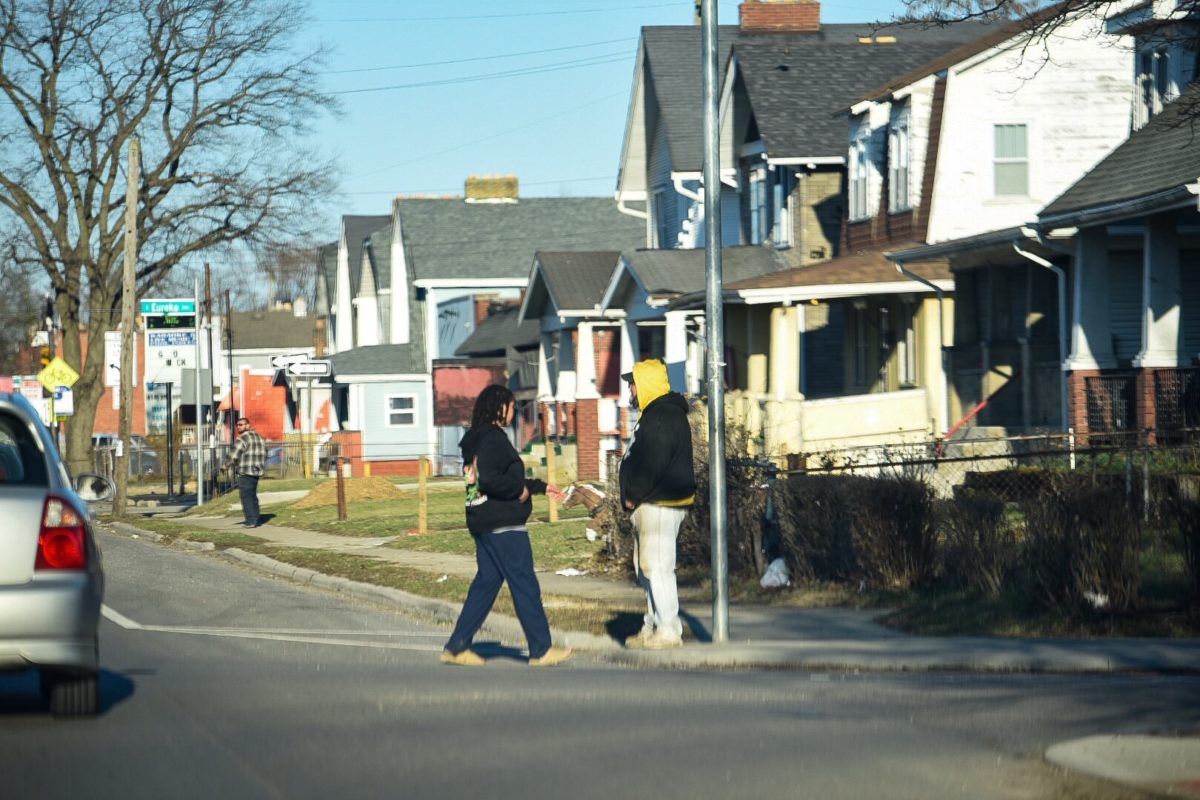
Andrew Mitchell, a former officer in Ohio who was recently indicted on charges he kidnapped women and forced them to have sex for their freedom, will soon face a grand jury for killing Donna Dalton during a prostitution arrest.